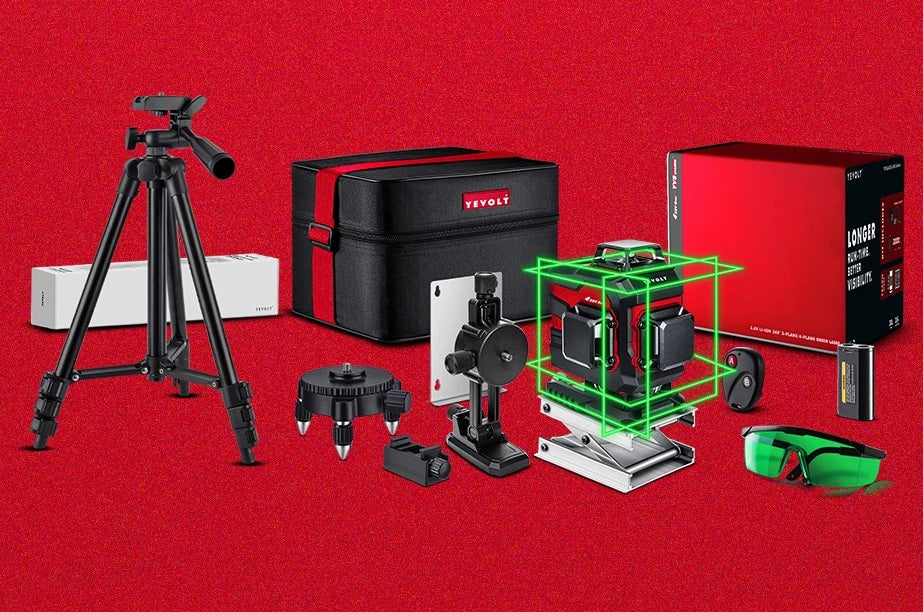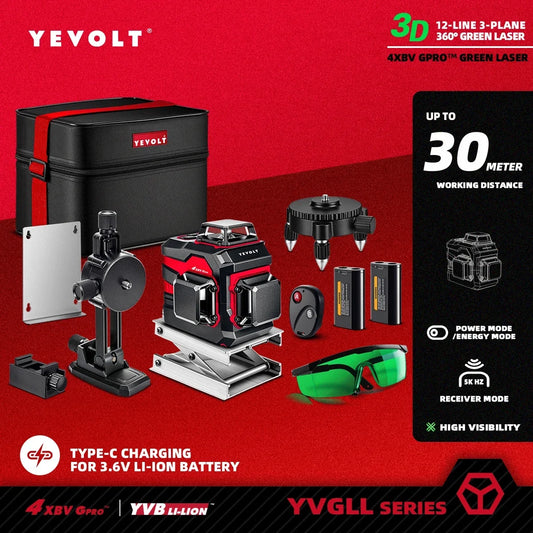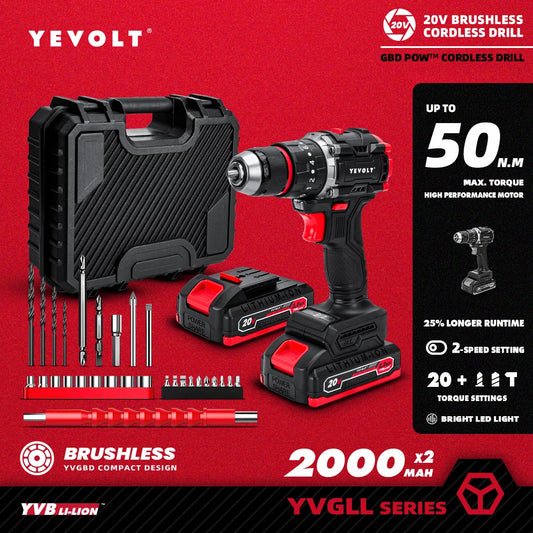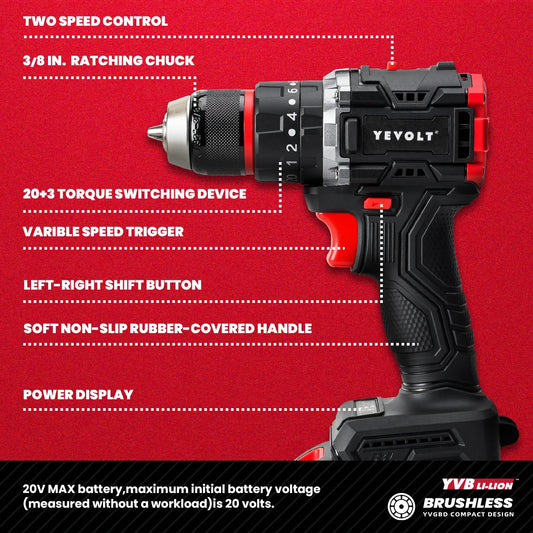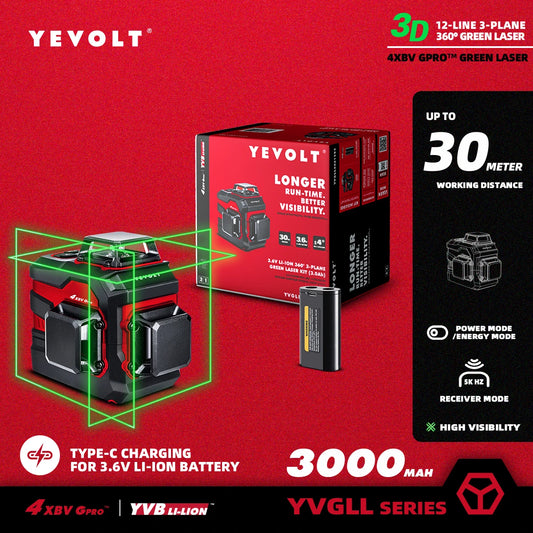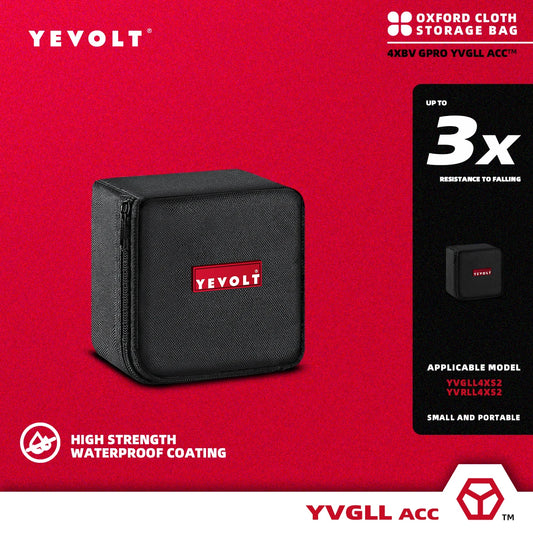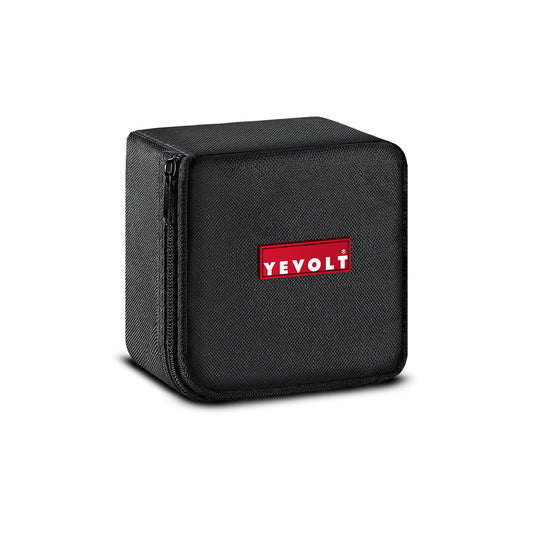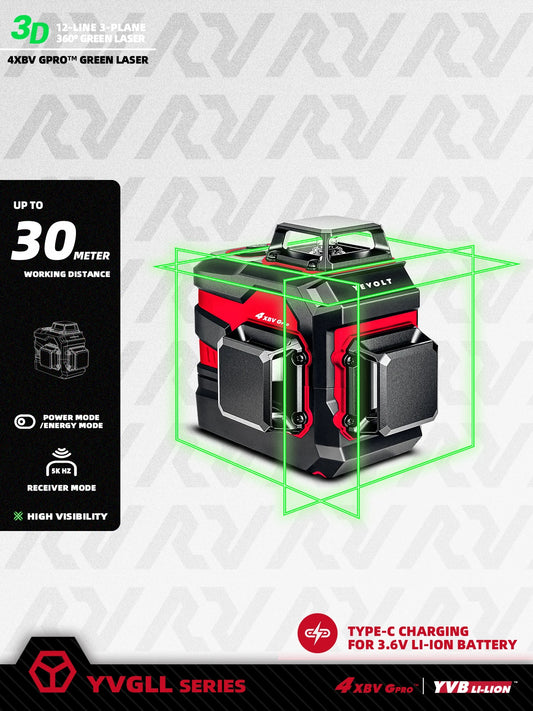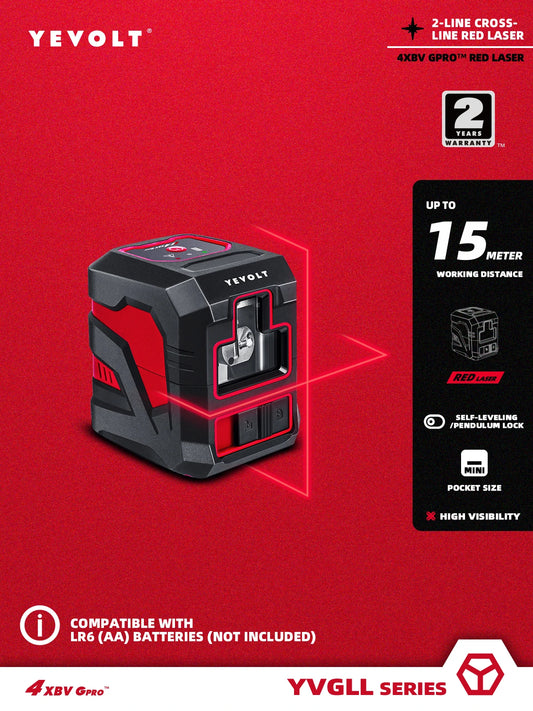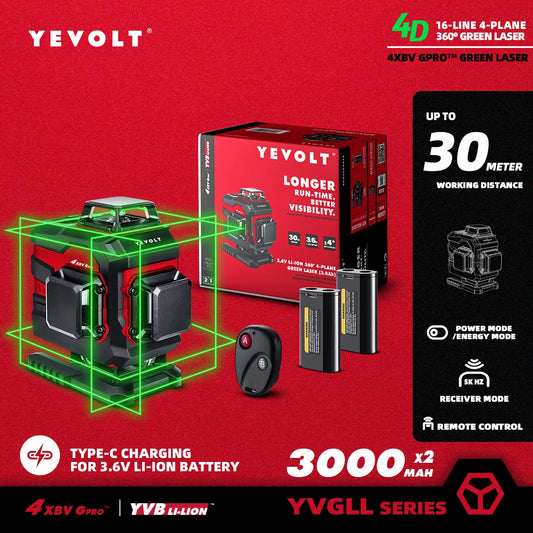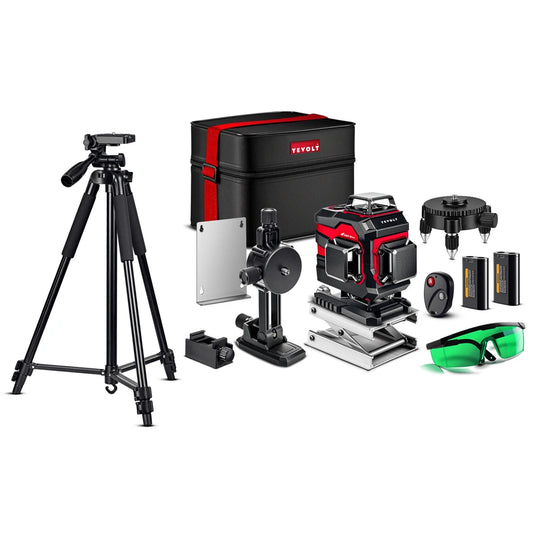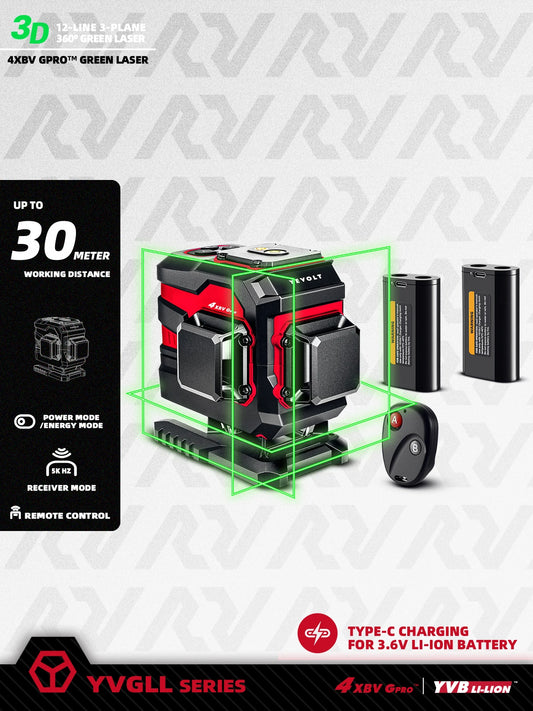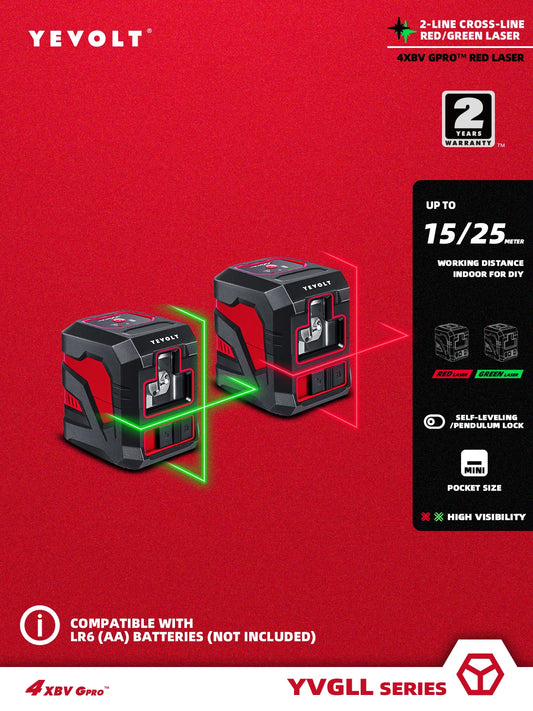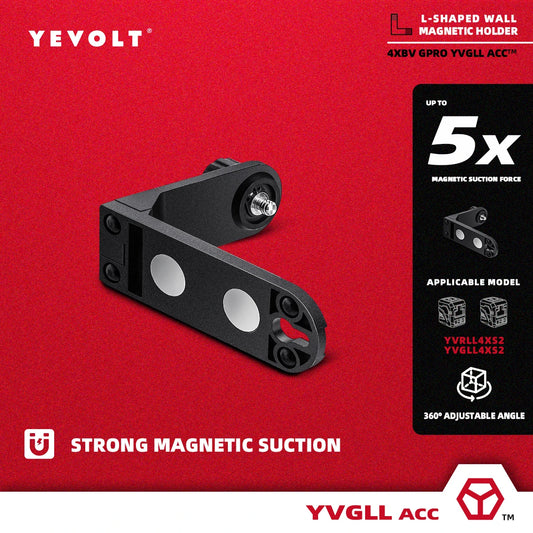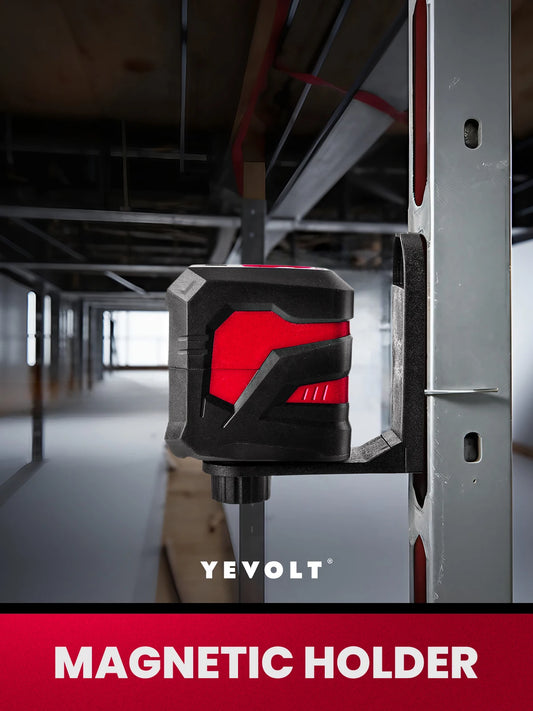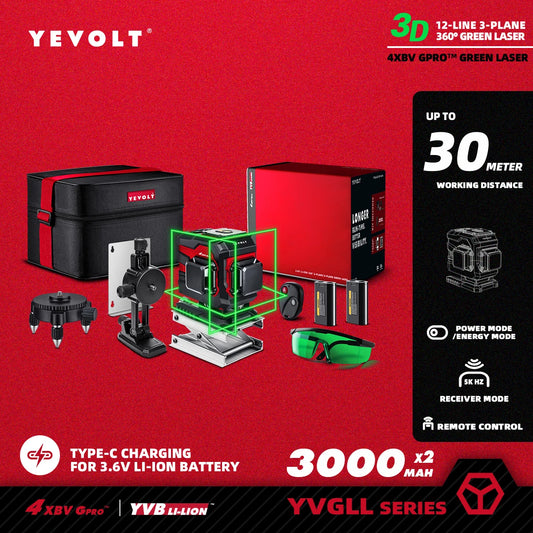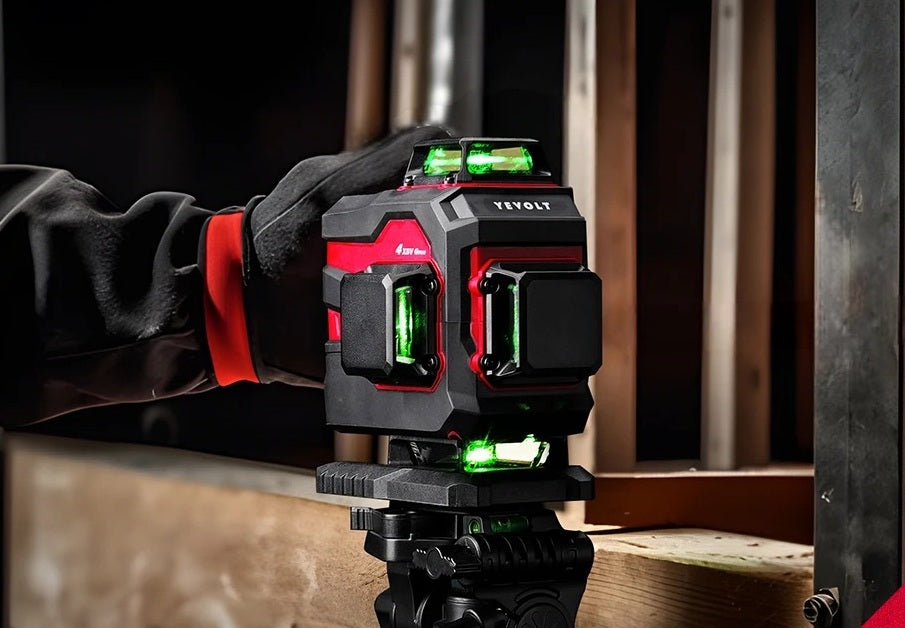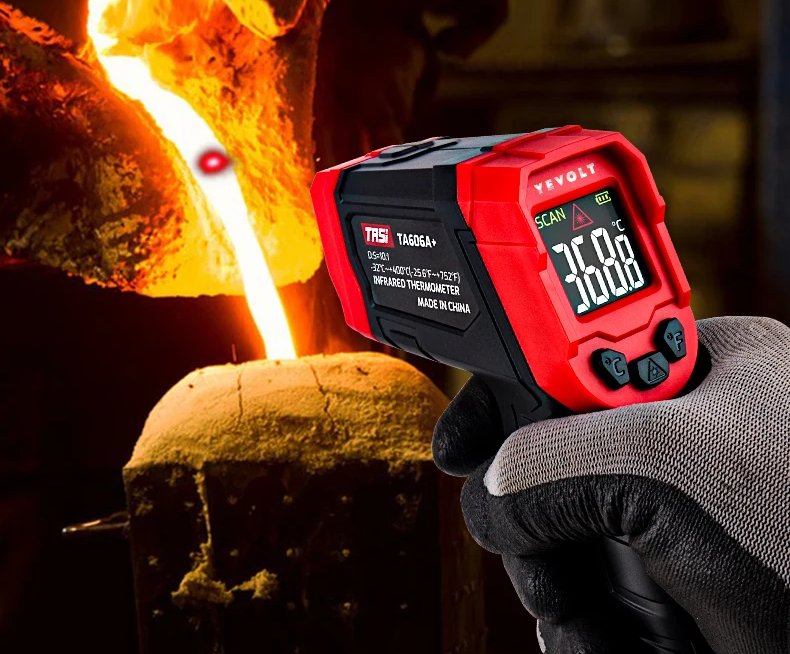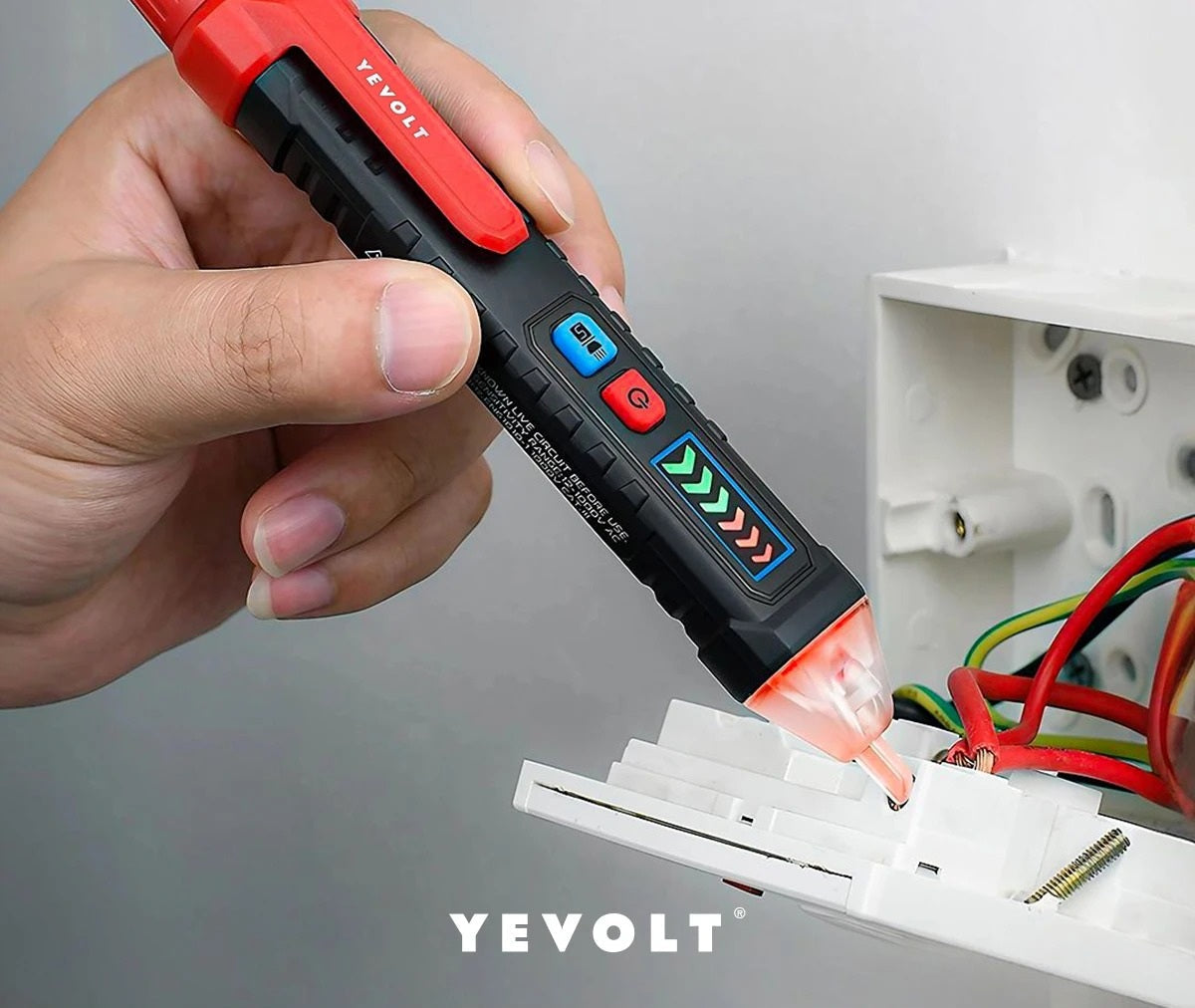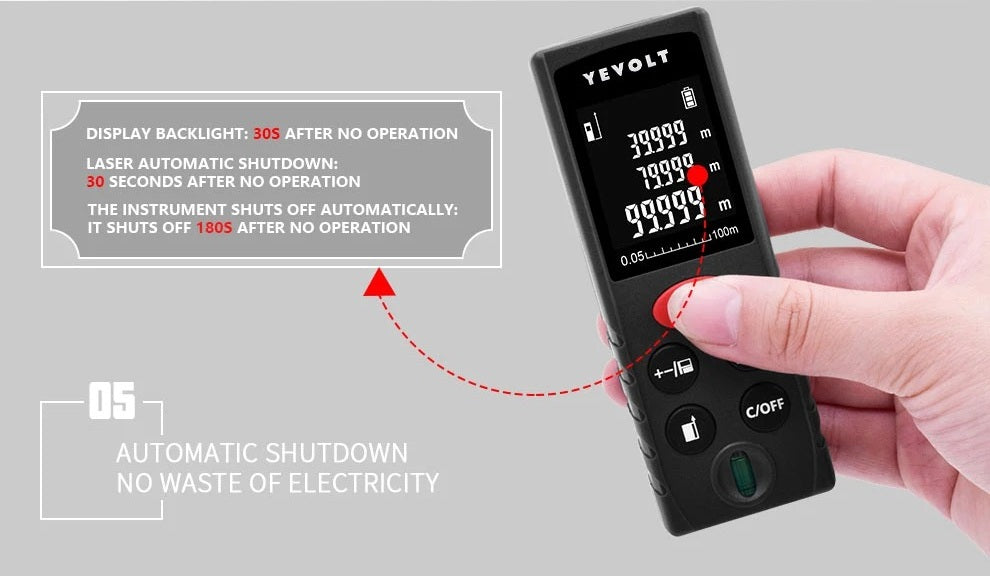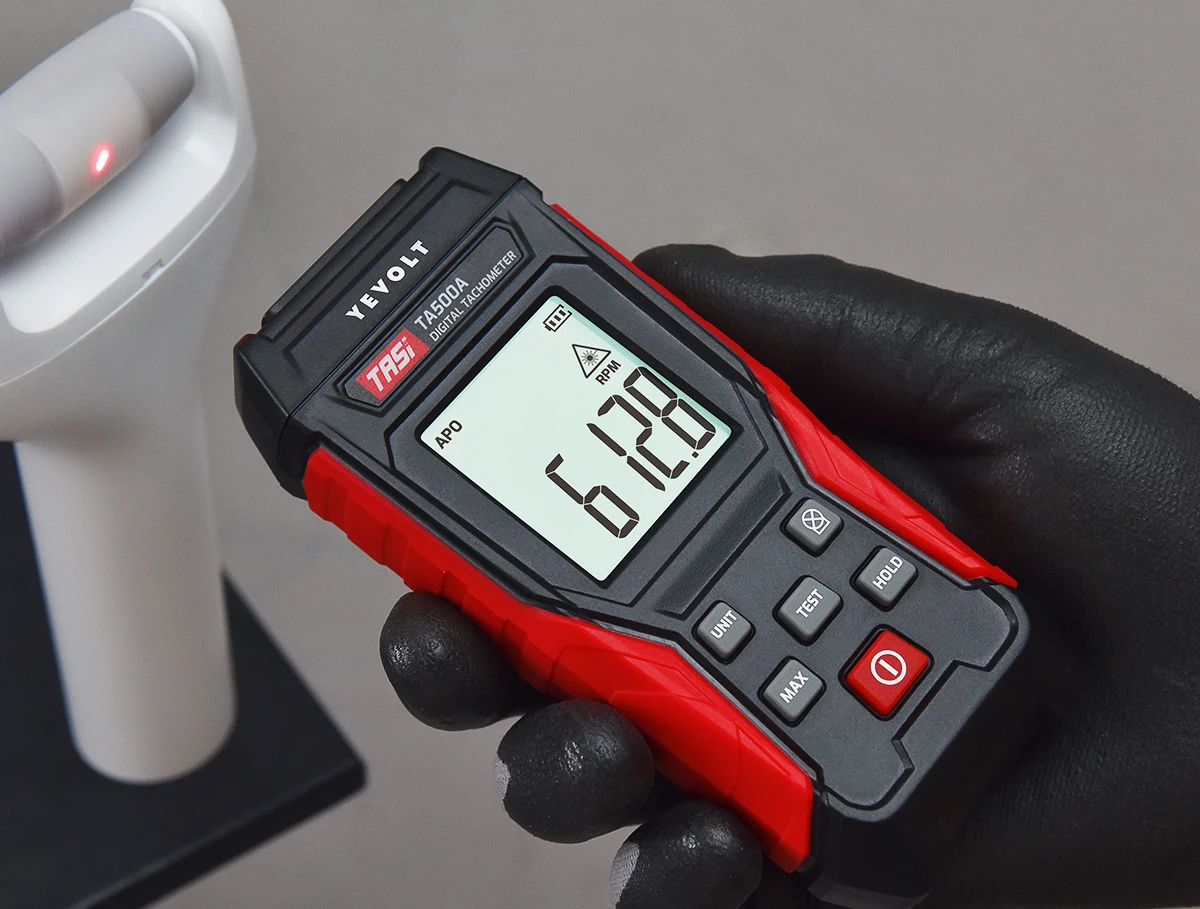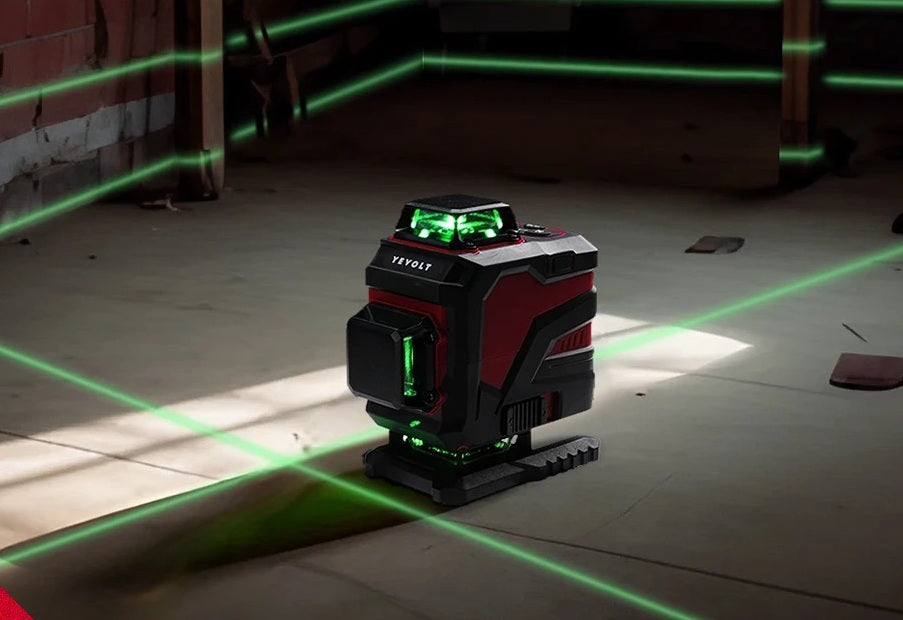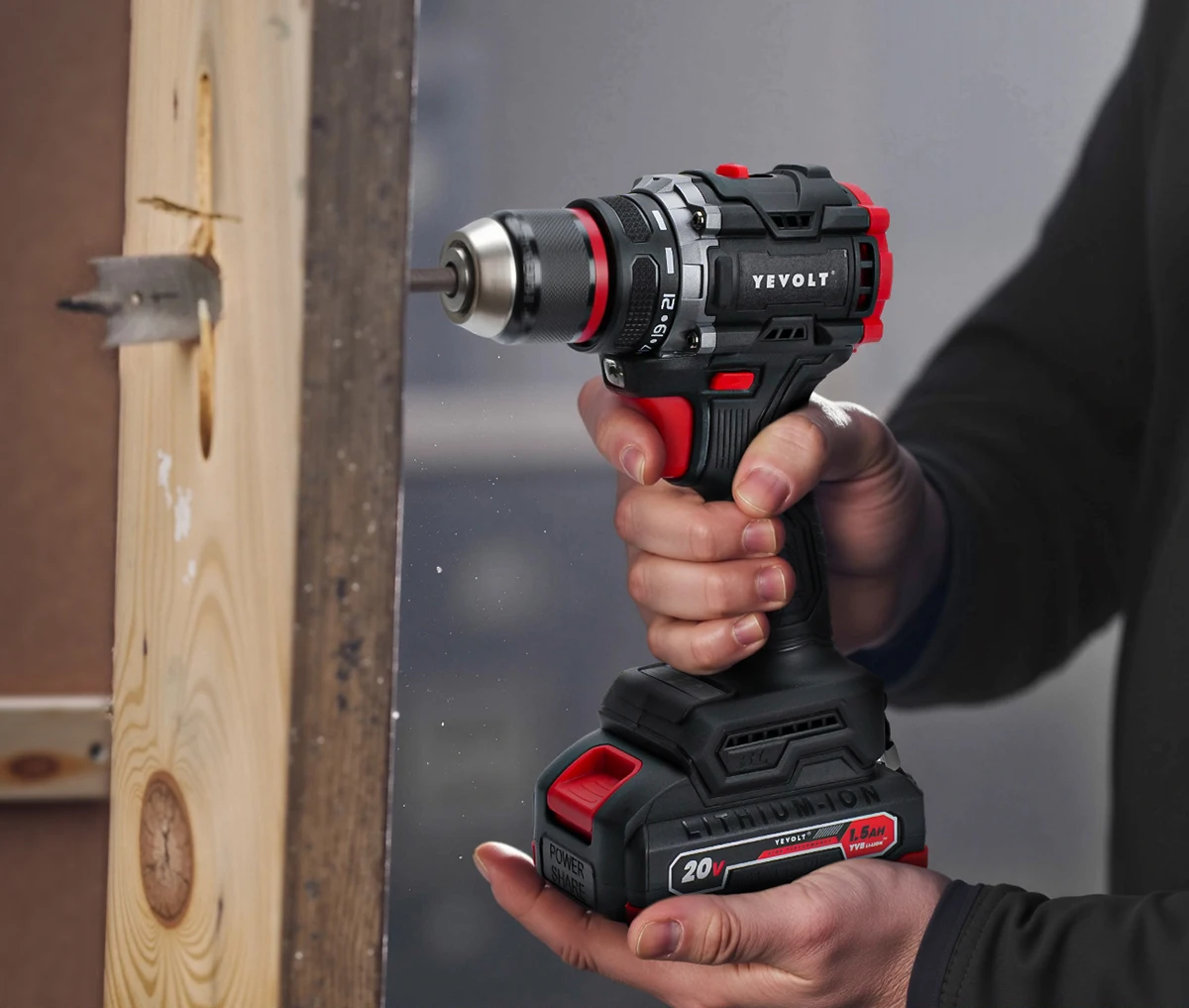Storing Power Tools 2026
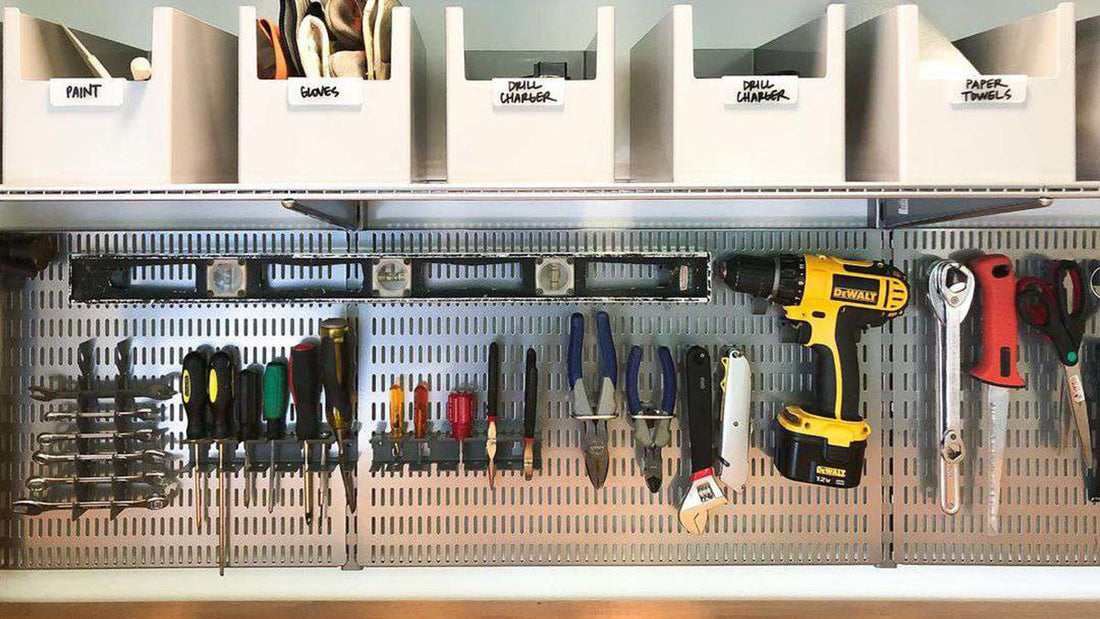
Share
When it comes to storing power tools, I’ve learned (often the hard way) that proper tool organization, maintenance, and storage safety can make or break the performance and lifespan of your gear. As someone who works with power tools daily, I can confidently say that tool storage isn’t just about keeping things neat — it’s about protecting your investment, saving time, and ensuring safety in your workshop or jobsite.
In this guide, I’ll walk you through the essential strategies I use to store my tools like a pro — from climate-controlled storage and moisture prevention, to cord management, battery care, and toolbox organization. Whether you’re a DIYer or a professional tradesperson, the goal is the same: to make sure your power tools, accessories, and batteries stay clean, dry, and ready for action every time you reach for them.
By the end of this post, you’ll have a complete system for storing power tools that maximizes efficiency, safety, and longevity — the YEVOLT way.
Best Power Tools | Shop YEVOLT Best Sellers Now
Why Proper Power Tool Storage Matters
Power tools aren’t cheap — they’re an investment in your craft and productivity. Neglecting tool storage can lead to rust, damage, and even electrical hazards. Over the years, I’ve seen how small mistakes like storing drills in damp garages or leaving batteries in extreme temperatures can drastically reduce their life.
Proper storage ensures:
-
Longevity: Reduces wear and tear on mechanical and electrical components.
-
Safety: Prevents accidents from clutter or improperly stored gear.
-
Efficiency: Saves time by keeping everything in its place and easy to find.
-
Performance: Tools that are clean and maintained perform better and last longer.
If you want your YEVOLT tools to keep running at full capacity, storing them correctly is non-negotiable.
2 Line Lasers | Shop Now

Hammer Drill | Rotary Lasers | Laser Distance Meter | Multimeters | Clamp Meter
Creating the Ideal Storage Environment
Control Temperature and Humidity
The number one enemy of power tools is moisture. I always recommend storing tools in a dry, well-ventilated area — ideally between 50°F and 75°F. Extreme heat can damage batteries, while cold can cause condensation inside motors. Using a dehumidifier or silica gel packs can make a big difference, especially in garages or basements.
Keep Dust at Bay
Dust may seem harmless, but fine particles can clog vents, dull blades, and interfere with electrical components. I store my tools in sealed toolboxes or cabinets and regularly clean them with compressed air or microfiber cloths. Investing in a HEPA shop vacuum also helps maintain a dust-free environment.
Cordless Drills | Shop Now
 Network Cable Tester | Brake Fluid Tester | Paint Thickness Meter | Stud Finder | Thermocouple Thermometer
Network Cable Tester | Brake Fluid Tester | Paint Thickness Meter | Stud Finder | Thermocouple Thermometer
Organizing Your Power Tools Like a Pro
Wall Mount Systems and Pegboards
If you’re like me and have multiple power tools, vertical storage is a game changer. I use pegboards and modular wall systems to hang drills, saws, and sanders. It’s not just about aesthetics — this setup makes it easy to see what’s available at a glance and keeps cords untangled.
Tool Chests and Drawers
For smaller tools or accessories, I rely on stackable tool chests with labeled drawers. Grouping tools by category — such as cutting, drilling, and fastening — saves time and keeps parts from getting mixed up. Always use foam inserts or dividers to prevent items from knocking into each other during transport.
Cord and Battery Management
Cords can quickly become a tangled mess if not properly managed. I wrap cords loosely using Velcro straps and store cordless tool batteries in a cool, dry place. Never leave lithium-ion batteries on the charger indefinitely — charge them to about 80% before storage for optimal lifespan.
Infrared Thermometers | Shop Now

Hygrothermograph | Moisture Meter | Illuminometer | Anemometer | Sound Level Meter
Storing Specific Types of Power Tools
Drills and Drivers
I keep my drills in their original hard cases whenever possible. The molded interiors provide impact protection, and the cases are stackable. Before storage, I always wipe down the chuck and lightly oil the metal parts to prevent rust.
Saws (Circular, Jigsaw, and Reciprocating)
For saws, blade safety is key. I remove the blades, clean them thoroughly, and store them in labeled sleeves. Keeping saws off the ground also prevents accidental damage to the base plate or motor housing.
Sanders and Grinders
Dust is the biggest issue here. After each use, I empty dust bags, clean vents, and cover the tools with a cloth to prevent buildup. Grinding tools, in particular, should be stored separately from sawdust or flammable materials.
Battery and Charger Storage Tips
At YEVOLT, we’re big on battery health because it directly affects performance. Here’s what I’ve learned through years of use:
-
Store batteries at room temperature, away from direct sunlight.
-
Avoid complete discharge before storage — aim for a 40–60% charge level.
-
Keep chargers off the floor and away from metal surfaces.
-
Inspect battery contacts for corrosion regularly.
If you’re storing your tools for the season, remove batteries entirely to prevent slow discharge or corrosion over time.
Maintaining Tools During Storage
Even if your tools aren’t used daily, maintenance doesn’t stop. Once a month, I:
-
Inspect cords and plugs for wear or cracking.
-
Apply a light lubricant to metal parts and moving joints.
-
Run tools briefly to keep motors and bearings active.
This small routine ensures my gear stays in top condition and ready for any project.
Final Thoughts: Protect Your Tools, Protect Your Craft
When you store your power tools properly, you’re doing more than organizing — you’re protecting performance, preserving value, and showing respect for your craft. At YEVOLT.NET, we design tools built to last, but longevity depends on how you care for them.
Think of your storage system as an extension of your workspace. The time you invest in setting it up today will pay off in fewer breakdowns, smoother workflow, and the satisfaction of working like a true professional every day.
Voltage Testers | Shop Now
